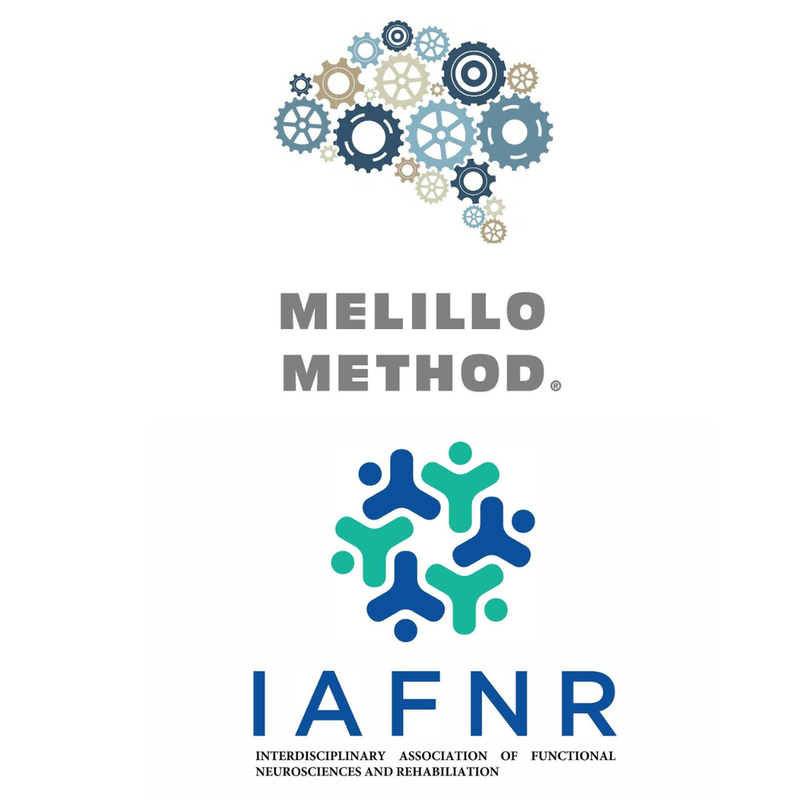SOCIAL COMMUNICATION PROGRAM
FOR A CHILD WITH ASD OR/AND SPEECH DELAY
virtual, at home, 10 weeks
Intensive Early Intervention - Parent-led Intervention - Naturalistic Play - based Therapy - ESDM - FLOORTIME - RDI
FOR A CHILD WITH ASD OR/AND SPEECH DELAY
virtual, at home, 10 weeks
Intensive Early Intervention - Parent-led Intervention - Naturalistic Play - based Therapy - ESDM - FLOORTIME - RDI
Key Points:
The 10 week Social Communication Therapy Home Program for parents / caregivers has the following components:
The key points to note:
Parents are communication teachers for children with ASD and speech delay.
Our goal is to help you learn how to promote your child’s social communication development. To do this, you will learn how to develop appropriate social communication goals for your or any other child with ASD.
Then, you will learn how to use intervention techniques to improve your child’s social communication during daily routines and play
Who can benefit from this programme?
ASD Parents and their children with and without diagnosis of ASD
Why use this programme?
Parents may be discouraged when their child does not respond to typical parenting practices. Learning effective ways to help their child with ASD develop may increases parents’ feelings of competence, optimism about their child's future, less stress, more time for leisure and recreation, help parents set higher expectations for their own child
You will learn 11 evidence-based practices, such as:
1- the interactive techniques - drawn from the developmental research
Aim: to increase your responsiveness to your child’s behaviours to increase your child’s engagement with others and initiation
2- the direct teaching techniques - drawn from the behavioural research
Aim: to teach specific communication goals by using prompting and reinforcing, to increase language, imitation, play skills.
The 3 principles of the parent training in social communication:
You will learn a blend of effective evidence-based developmental and naturalistic behavioural interventions to teach social - communications skills to your own child, who is currently pre-verbal, minimally verbal or used verbal communication.
The 1st principle: Intervention is naturalistic what means that it happens in your everyday life. Your child will remember new skills over time, he/ she will be more likely to use those new skills across every day settings as you will be teaching your child spontaneous skills (without your support). He/she will generalise his/her new skills better and will maintain his/her existing skills
The naturalistic intervention is the most preferred intervention for parents.
The 2nd principle: Social communication develops within emotionally- rich interactions with a responsive caregiver. Research shows that the more responsive the caregivers are, the more developed their child’s social communication skills are.
A final guiding principle: Research shows that naturalistic interventions have been found effective for increasing:
Joint attention
Expressive language
Imitation
Play
This programme will teach you naturalistic techniques to help your child learn new social communication skills
How do techniques fit together?
First you will learn the techniques from the bottom of the pyramid and later you will learn the techniques from the upper levels of the pyramid.
Each lesson will introduce 1 or 2 techniques that build on each other, beginning with those on the bottom of the pyramid. By the end of this programme, you will have learned how to use each technique and how to use them together to teach your child social communication in every day life.
Prepare yourself for success to engage in the program to get the most out of it
Key points:
Learning takes time - it’s important to take time to complete all parts of the training; complete activities, homework, self-reflection, goal sheets
Learning takes practice - set aside 30 minutes every day to practice with your child
Learning takes commitment - before beginning this training consider reducing other commitments that may reduce your engagement in the programme
Learning takes patience - you may feel overwhelmed or frustrated during this program; It’s ok as we all feel this way.
Take time to recognise your child’s and your own successes, write something good you and your child does every day even if it is small.
- 10 online consultations / 10 weeks for a family with a young child with autism, speech delay, a developmental delay or at risk of a developmental delay
- Each consultation is a 1-1 virtual coaching session that builds on a previous one to form a comprehensive step-by- step guide for parents / caregivers
- The program starts with your Get started online meeting and later with Syour child's assessment in the area of Social Communication skills
- You will receive a Resource Pack: Social Communication Checklist, Daily Activity Schedule, Goal Sheet, Homework Sheet, Reflection Sheet
- You will get a video library with the techniques from the behavioural, naturalistic developmental evidence-based practices, including ESDM (Early Start Denver Model, Floortime/ DIR
The 10 week Social Communication Therapy Home Program for parents / caregivers has the following components:
- Social Communication Skills Assessment and the developmental stages of social communication
- The environmental, dietary, lifestyle modifications to set up yourself for success
- Following your child’s lead
- Adjusting your communication
- Making play interactive
- Teaching initiation
- Teaching language
- Expanding language
- Teaching imitative play
- Expanding skills
- Expanding motivation to communicate
The key points to note:
Parents are communication teachers for children with ASD and speech delay.
Our goal is to help you learn how to promote your child’s social communication development. To do this, you will learn how to develop appropriate social communication goals for your or any other child with ASD.
Then, you will learn how to use intervention techniques to improve your child’s social communication during daily routines and play
Who can benefit from this programme?
ASD Parents and their children with and without diagnosis of ASD
Why use this programme?
- Studies show that, with training, parents can use the same strategies as specialists and be just as effective, if not more, effective.
- Parents interact with and teach their child during both play and meaningful daily routines, such as mealtime, bath time, bedtime.
- Parents know their children better than anyone else.
- Parents form special bond with their children, thanks to which they can be successful intervention providers.
- Research shows that when parents use intervention strategies, rather than specialists, children show better generalisation and maintenance of skills, what means that they apply their learning to new situations, they learn in their naturalistic environment
- More hours of therapy are associated with better outcomes for children with ASD.
Parents may be discouraged when their child does not respond to typical parenting practices. Learning effective ways to help their child with ASD develop may increases parents’ feelings of competence, optimism about their child's future, less stress, more time for leisure and recreation, help parents set higher expectations for their own child
You will learn 11 evidence-based practices, such as:
1- the interactive techniques - drawn from the developmental research
Aim: to increase your responsiveness to your child’s behaviours to increase your child’s engagement with others and initiation
2- the direct teaching techniques - drawn from the behavioural research
Aim: to teach specific communication goals by using prompting and reinforcing, to increase language, imitation, play skills.
The 3 principles of the parent training in social communication:
You will learn a blend of effective evidence-based developmental and naturalistic behavioural interventions to teach social - communications skills to your own child, who is currently pre-verbal, minimally verbal or used verbal communication.
The 1st principle: Intervention is naturalistic what means that it happens in your everyday life. Your child will remember new skills over time, he/ she will be more likely to use those new skills across every day settings as you will be teaching your child spontaneous skills (without your support). He/she will generalise his/her new skills better and will maintain his/her existing skills
The naturalistic intervention is the most preferred intervention for parents.
The 2nd principle: Social communication develops within emotionally- rich interactions with a responsive caregiver. Research shows that the more responsive the caregivers are, the more developed their child’s social communication skills are.
A final guiding principle: Research shows that naturalistic interventions have been found effective for increasing:
Joint attention
Expressive language
Imitation
Play
This programme will teach you naturalistic techniques to help your child learn new social communication skills
How do techniques fit together?
First you will learn the techniques from the bottom of the pyramid and later you will learn the techniques from the upper levels of the pyramid.
Each lesson will introduce 1 or 2 techniques that build on each other, beginning with those on the bottom of the pyramid. By the end of this programme, you will have learned how to use each technique and how to use them together to teach your child social communication in every day life.
Prepare yourself for success to engage in the program to get the most out of it
Key points:
Learning takes time - it’s important to take time to complete all parts of the training; complete activities, homework, self-reflection, goal sheets
Learning takes practice - set aside 30 minutes every day to practice with your child
Learning takes commitment - before beginning this training consider reducing other commitments that may reduce your engagement in the programme
Learning takes patience - you may feel overwhelmed or frustrated during this program; It’s ok as we all feel this way.
Take time to recognise your child’s and your own successes, write something good you and your child does every day even if it is small.












